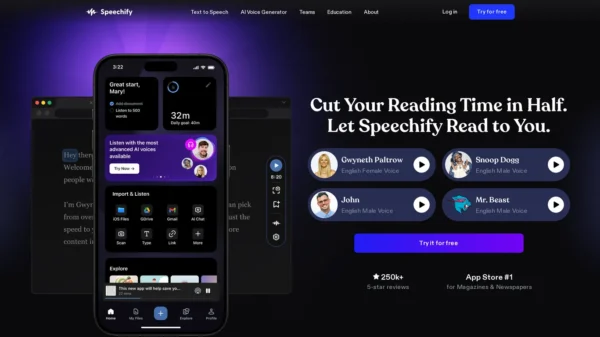Introduction
Software engineering is a highly sought-after profession in today’s technology-driven world. It promises lucrative salaries, job stability, and the opportunity to work on innovative projects. However, many aspiring engineers often wonder: is software engineering hard? This article delves into the complexities and rewards of a career in software engineering, providing insights and practical advice for those considering this path.
Understanding Software Engineering
Software engineering is the application of engineering principles to software development. It involves designing, developing, testing, and maintaining software applications. The field requires a deep understanding of programming languages, algorithms, data structures, and software development methodologies.
The Challenges of Software Engineering
1. Steep Learning Curve
One of the primary challenges in software engineering is the steep learning curve. Beginners must grasp complex concepts and acquire proficiency in various programming languages. This can be overwhelming for those without a strong background in computer science.
2. Continuous Learning
Technology evolves rapidly, and software engineers must stay updated with the latest trends and tools. This requires a commitment to continuous learning and professional development.
3. Problem-Solving Skills
Software engineers often encounter challenging problems that require innovative solutions. Developing strong problem-solving skills is essential for success in this field.
4. Attention to Detail
Writing code demands precision and attention to detail. Even small errors can lead to significant issues in software functionality.
5. Collaborative Work
Software projects often involve teamwork. Engineers must collaborate with other developers, designers, and stakeholders. Effective communication and teamwork skills are crucial.
The Rewards of Software Engineering
1. High Demand and Job Stability
The demand for software engineers continues to grow, offering job stability and numerous employment opportunities.
2. Lucrative Salaries
Software engineering is one of the highest-paying professions. According to the
the median annual wage for software developers was $110,140 in May 2020.
3. Creative and Impactful Work
Software engineers have the opportunity to work on innovative projects that can have a significant impact on society. They contribute to developing applications and systems that improve lives.
4. Flexibility
Many software engineering roles offer flexible work arrangements, including remote work options. This flexibility allows for a better work-life balance.
5. Career Advancement
The field of software engineering offers numerous pathways for career advancement. Engineers can move into senior roles, management positions, or specialize in areas like artificial intelligence, cybersecurity, or data science.
Tips for Aspiring Software Engineers
- Start with the Basics: Begin by learning the fundamentals of programming languages such as Python, Java, or C++.
- Build Projects: Practical experience is crucial. Work on personal or open-source projects to apply what you’ve learned.
- Join a Community: Engage with other learners and professionals through online forums, coding bootcamps, or local meetups.
- Seek Mentorship: Find a mentor who can guide you through your learning journey and provide valuable insights.
- Stay Persistent: Overcoming challenges in software engineering requires persistence and resilience.
FAQs
Q1: Do I need a degree to become a software engineer?
A1: While a degree in computer science or a related field is beneficial, many successful software engineers are self-taught or have completed coding bootcamps. Practical skills and experience are often valued more than formal education.
Q2: How long does it take to become proficient in software engineering?
A2: The time it takes to become proficient varies depending on the individual’s background and learning pace. On average, it can take anywhere from six months to two years of dedicated study and practice.
Q3: What are the most important skills for a software engineer?
A3: Key skills include proficiency in programming languages, problem-solving abilities, attention to detail, and strong communication skills.
Q4: Can software engineering be a stressful job?
A4: Like any profession, software engineering can be stressful at times, especially when dealing with tight deadlines or complex projects. However, many engineers find the work rewarding and manageable with good time management and support.
Q5: What is the job outlook for software engineers?
A5: The job outlook for software engineers is very positive, with the demand for skilled professionals expected to grow significantly in the coming years.
Conclusion
So, is software engineering hard? The answer is subjective and depends on an individual’s background, aptitude, and dedication. While it presents several challenges, the rewards and opportunities in this field make it a highly attractive career choice. With the right mindset and resources, anyone can overcome the hurdles and succeed in software engineering.







































































Pingback: Software Engineer Amazon Salary: Comprehensive Guide to Compensation